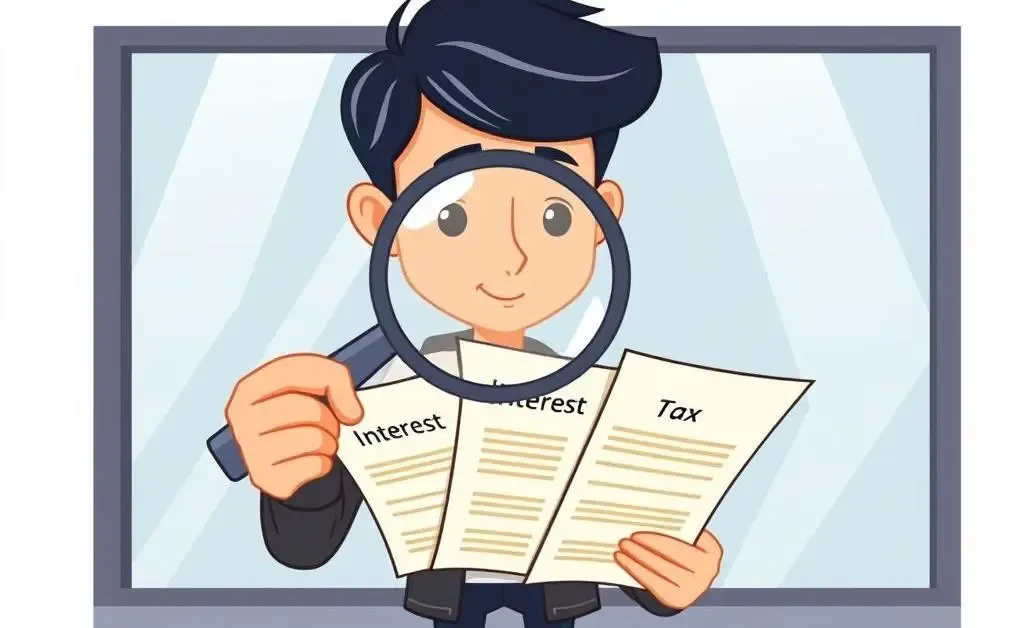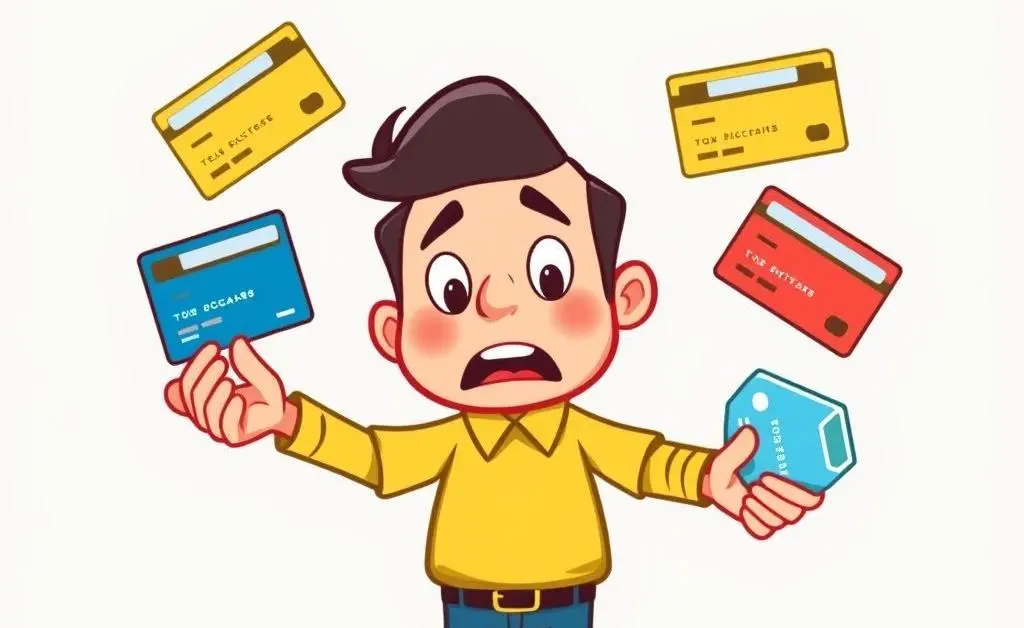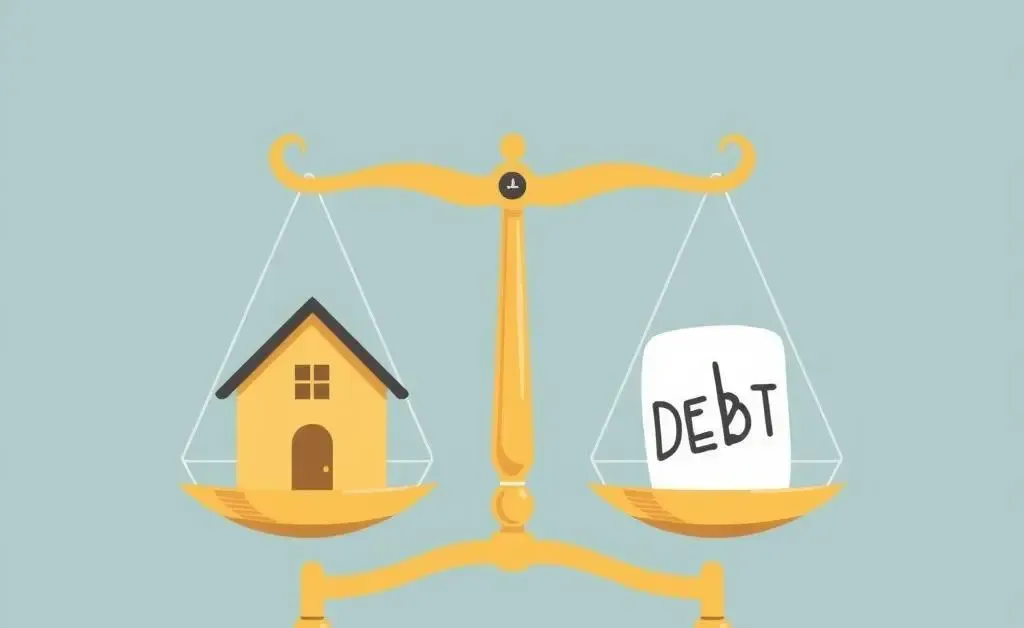What Actually Affects Your Credit Score? Demystifying the Myths
Discover what really influences your credit score and avoid common misconceptions.

Have you ever checked your credit score and thought, 'How did it get to this number?' Welcome to the club! Understanding what impacts your credit score can sometimes feel like decoding a secret language. But fear not— I'm here to help unravel this mystery!
What Really Influences Your Credit Score?
First, let's clarify the major factors. FICO scores, used by many lenders, generally consist of these components:
- Payment History: This is a huge part of your score. Pay your bills on time, and your score will thank you.
- Credit Utilization: How much of your available credit you’re using. Ideally, this should stay below 30%.
- Credit History Length: The older your credit accounts, the better.
- New Credit: Opening too many new accounts at once can be a red flag.
- Credit Mix: Having a variety of credit types (like credit cards, a mortgage, or auto loans) can improve your score.

Debunking Common Credit Score Myths
Let’s take a fun detour to debunk some credit score myths, like the belief that checking your own credit score will hurt it. Spoiler alert: It won’t! When you check your score, it’s considered a soft inquiry, which doesn’t impact your score.
An old friend of mine, let’s call him Sam, was determined to keep his score high by only using cash. Little did he know, using a credit card responsibly could actually boost his score by demonstrating good financial habits.

Best Practices for Improving Your Credit Score
Here are a few tried-and-true strategies that might help:
- Pay your bills on time, every time.
- Keep balances low on credit cards relative to your credit limits.
- Avoid opening a bunch of new accounts rapidly.
- Monitor your credit regularly to catch potential errors.
- Consider keeping old accounts open to lengthen your credit history.

The Takeaway
Understanding your credit score is not just about knowing where you stand financially. It's about empowering yourself to make informed decisions that can lead to financial freedom. What's one thing you've learned about credit scores that surprised you? Let me know in the comments!




